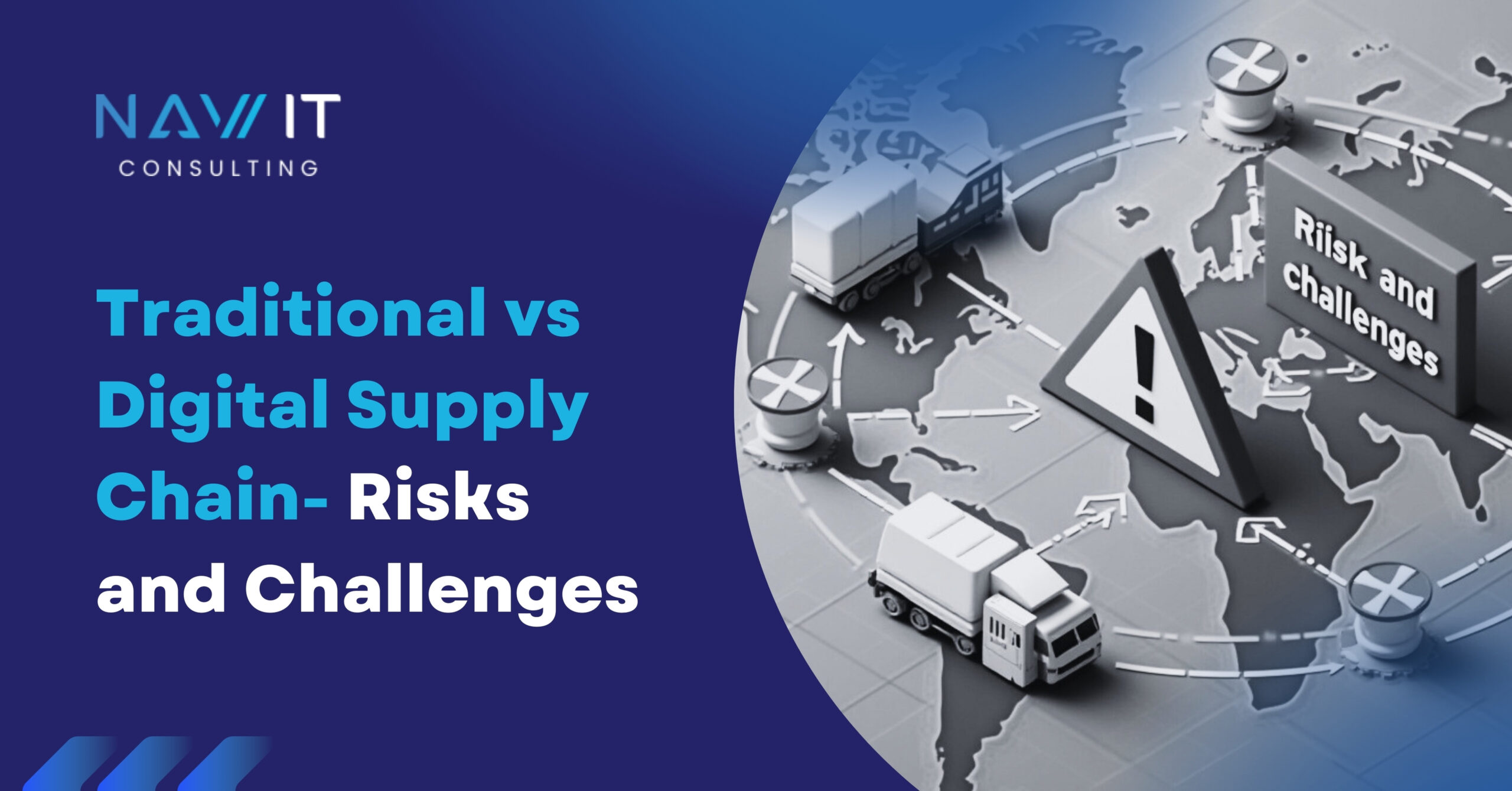War has a significant effect on worldwide commerce and supply chains. Countries engaged in conflict often see their supply networks face immediate and everlasting problems. The movement of products and services encounters major obstacles ranging from ruined infrastructure and limited travel to worker scarcity and higher expenses. In these tough times, tech tools like SAP Transportation Management (SAP TM) and SAP Business Network for Logistics (SAP BN4L) can be key to keep things running and reduce losses.
Effects of War on Supply Chain Operations
1. Transport Disruptions
War often destroys or shuts down crucial transportation paths—like roads, train tracks, harbors, and air terminals. Military actions can obstruct or slow down the flow of products leading to late deliveries and changed shipping routes.
2. Material Shortages
Access to raw materials and components often becomes difficult due to damaged facilities, restricted exports, or sanctions. Industries that depend on imports may face production delays or complete stoppages.
3. Labor Instability
During the war, often public is asked to contribute by serving in the military service. This reduces the manpower in the labor market, directly affecting manufacturing and logistics
4. Cost Increases
The war has a chain effect on the prices. The prices soar, the supply reduces. Businesses may need to find more expensive alternative suppliers and transport methods, increasing overall operational costs.
5. Regulatory and Compliance Challenges
Sanctions and international trade are also consequences of wars. Companies must navigate constantly changing regulations, making managing cross-border shipments legally and efficiently harder.
6. Global Impact
Even if a war is localized, global supply chains can feel its effects. For example, a conflict in a major exporter country can affect availability and pricing of essential goods worldwide.

How SAP TM Supports Supply Chains in Conflict Zones
SAP Transportation Management allows users to change shipping routes in real-time, helping avoid dangerous or blocked areas. It can recommend alternative transport modes to suit changing situations.
1. Adaptive Route Planning
SAP TM allows users to change shipping routes in real-time, helping avoid dangerous or blocked areas. It can recommend alternative transport modes to suit changing situations.
2. Shipment Visibility
The platform provides real-time updates on the location and status of shipments, helping companies respond quickly to delays or threats.
3. Cost and Risk Optimization
By analyzing carrier options, transit times, and safety risks, SAP TM helps identify the most cost-effective and reliable shipping plans
4. Carrier Coordination
Built-in tools help companies trade with multiple logistics partners, ensuring a quick response if a carrier becomes unavailable or unsafe.
5. Compliance Management
SAP TM helps keep track of all the documents and rules needed for shipping goods across borders. During wartime, it reduces the risk of legal problems by ensuring everything follows the correct regulations.
How SAP BN4L Enhances Logistics Resilience
SAP Business Network for Logistics (BN4L) is a cloud-based platform that connects shippers, carriers, and freight forwarders to streamline logistics operations.
1. Partner Flexibility
In times of war, businesses might have to change partners fast. SAP BN4L helps companies find and work with new logistics providers quickly when needed.
2. Seamless Information Sharing
When supply chain partners share live updates, everyone knows the latest about shipments—like if there’s a delay or change—no matter their location. This keeps everyone on the same page
3. Event Tracking
BN4L gives you tools to track important steps like when shipments are picked up, cleared through customs, and delivered. If there’s a problem, you get instant alerts so you can act quickly.
4. Improved Decision-Making
With integrated analytics, businesses can understand how they’re performing and spot possible risks. This helps them make quicker and smarter decisions, especially during uncertain times.
Conclusion
War brings uncertainty and disturbances to supply chains. Businesses should be resilient need to act fast, adjust their operations, and find new ways to stay connected. SAP TM and SAP BN4L help businesses by providing clarity, optimizing routes, lowering risks, and improving collaboration with logistics partners. These tools support supply chains not only during conflicts but also act as long-term partner for global stability. By using them, companies can build resilience and keep their operations running smoothly.









